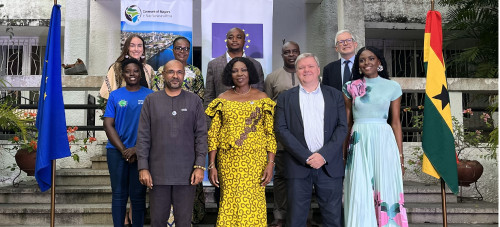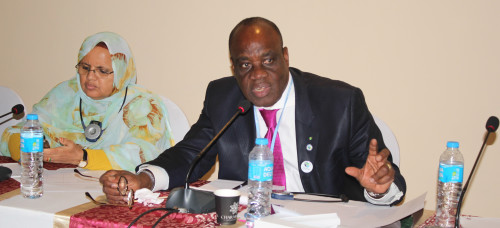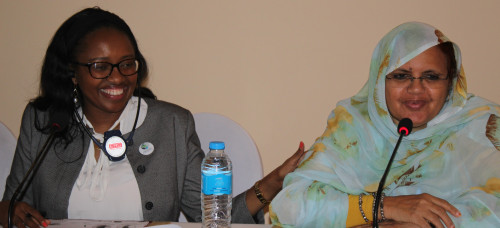Financing public lighting projects: Capacities and solutions for bright public spaces
Published: 9 Dec 2020

Many African cities have plans for public lighting projects but often struggle to get these financed. A practical training session provided the chance to learn from experts, financiers and cities with successful public lighting projects.
Public lighting projects provide many benefits to local governments in Africa. Not only are local governments often mandated to expand the public lighting network in their area, but doing so also increases the safety of citizens and could increase the hours that people are able to work or study. If done smartly, public lighting projects can reduce greenhouse gas emissions of the municipality.
In order to support municipalities to make a success of their public lighting plans and commitments, CoM SSA recently hosted an online capacity-building session during CoM SSA Day event at the Local Climate Solutions for Africa (LoCS4Africa) 2020 virtual congress. Cities and partners learnt how public lighting projects can be structured and financed. Importantly, this session provided the opportunity to deeply engage with the successful Kampala Capital City Authority’s (KCCA) street lighting programme and how it was financed. CoM SSA signatories were therefore provided with both theoretical and practical training.
Watch the full session recording
Listen to the recording in French
Finding budget and the best technical solutions
Marcello Antinucci, Senior International Expert at GOPA Infrastructure, highlighted that public lighting projects are generally categorised as making the existing system more energy efficient, expanding the current system, or a combination of both. Cities have to overcome many challenges to implement street lighting projects, including reallocating budgets to cover the upfront capital costs of project roll-out, ensuring sufficient operations and maintenance budget is available, and developing the capacity to determine a fit-for-purpose technical solution.
How Kampala accessed finance for public lighting?
In reference to these barriers and ways to overcome them, it was immensely useful for CoM SSA signatory, KCCA, to share their experience. The City developed a public lighting master plan that highlights where the city currently is (baseline data) and where it wants to go (vision), for example from +/- 1800 lights currently to over 18 000 lights. This vision includes energy efficiency retrofits, new energy efficient lights connected to the grid (25% of new lights), and new solar lights that are off-grid (75% of new lights). Bringing in solar lights was a critical component of being able to partner with Agence Française de Développement (AFD), an implementing partner of CoM SSA, to attract the necessary project finance. In this way, the CoM SSA initiative provides guidance and support to cities through tools, capacity building and opportunities.
During the session, KCCA and AFD both spoke to the lessons learnt and the nature of the financing agreement, including the mention of the use of a Design, Build and Operate (DBO*) Contract that spans the full life of the project to overcome the challenge of limited operations and maintenance budget in the city.
What made the Kampala financing application successful?
AFD shared valuable inputs on the factors that made the KCCA financing application successful. These include:
- Demonstrated investment leverage potential
- Potential to upscale the project in country and across the region
- The KCCA strengthening its managerial capacity
- An optimisation of operations and maintenance
These are all critical considerations for all cities to ensure are in place when seeking finance for street lighting projects.
For more click here to see the chapter on street lighting in the following publication: “Finance Roadmaps for Climate Projects: How can Local Governments in Sub-Saharan Africa facilitate access to finance?”
*The World Bank provides some good further reading on DBOs and other types of contracts: see https://ppp.worldbank.org/public-private-partnership/agreements/concessions-bots-dbos





